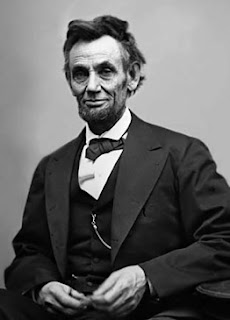Search This Blog
Politics. Culture. Race. Technology. National affairs. Attitude.
Posts
Showing posts from September, 2012
Obama-Romney: Prepping for the faceoff
- Get link
- Other Apps
Voter ID: The Supremes coming soon?
- Get link
- Other Apps
The Emancipation Proclamation at 150
- Get link
- Other Apps
Early voting 2012:
‘Anything can happen’ may be happening right now
- Get link
- Other Apps
Today in Idiotic: The invisible Obama effigy
- Get link
- Other Apps
Campaign by numbers: Surveying the latest polls
- Get link
- Other Apps
Ladies and gentlemen, the real Mitt Romney
- Get link
- Other Apps
‘Saturday Night Live’ tweaks the conversation
- Get link
- Other Apps
.jpg)
.jpg)
.jpg)

.jpg)
.jpg)
.jpg)
.jpg)
.jpg)
.jpg)